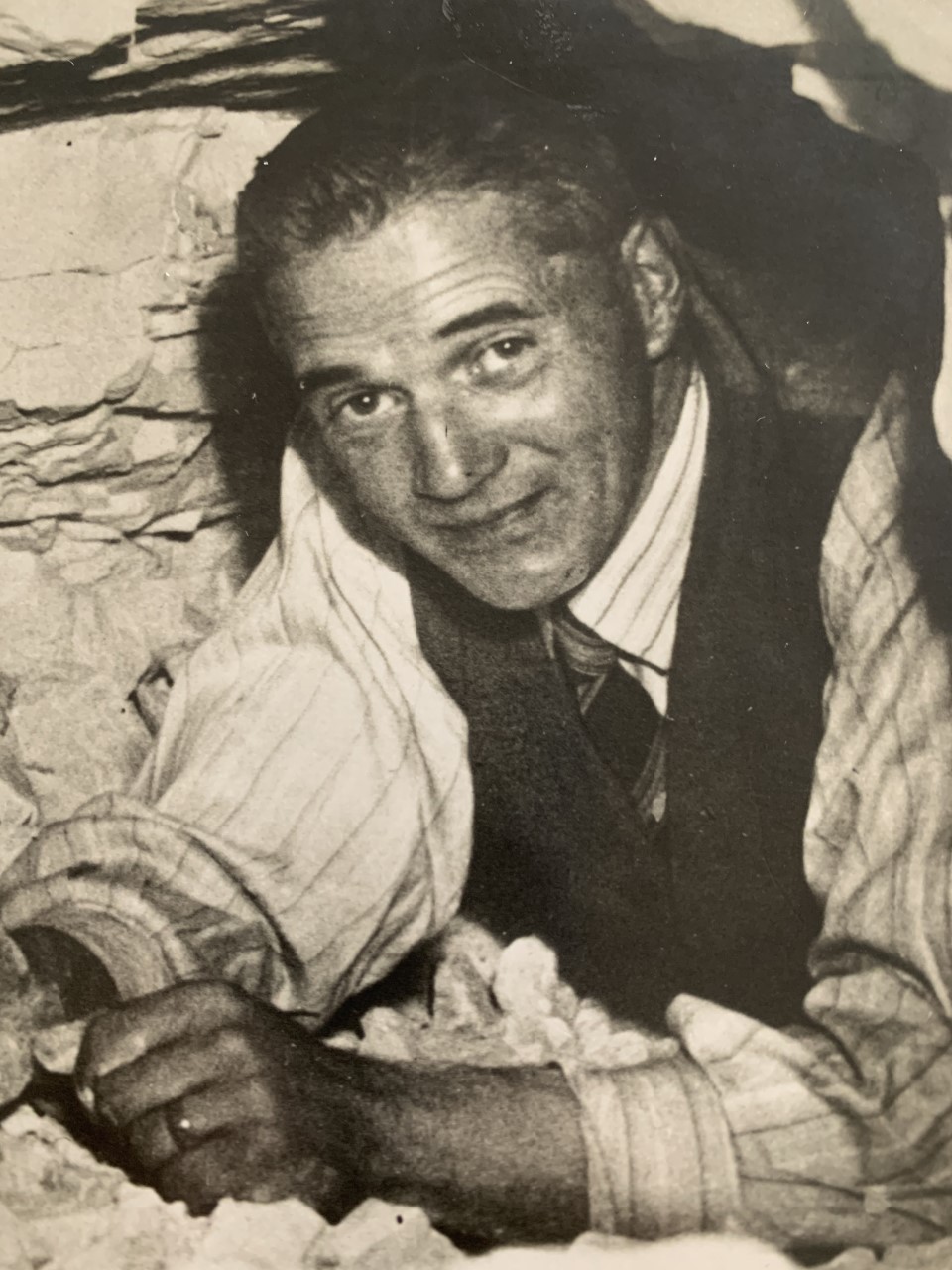John Pull on:
[Wikipedia]
[Google]
[Amazon]
 John Henry Pull (25 June 1899 – 10 November 1960) was an amateur archaeologist. After service as a soldier in
John Henry Pull (25 June 1899 – 10 November 1960) was an amateur archaeologist. After service as a soldier in
Time Team website about their excavation
English archaeologists 1960 deaths 1899 births {{UK-archaeologist-stub
 John Henry Pull (25 June 1899 – 10 November 1960) was an amateur archaeologist. After service as a soldier in
John Henry Pull (25 June 1899 – 10 November 1960) was an amateur archaeologist. After service as a soldier in World War I
World War I (28 July 1914 11 November 1918), often abbreviated as WWI, was one of the deadliest global conflicts in history. Belligerents included much of Europe, the Russian Empire, the United States, and the Ottoman Empire, with fightin ...
, where he learnt surveying skills, he worked as a gramophone salesman, a postman, and later a security guard, but always his main interest was archaeology
Archaeology or archeology is the scientific study of human activity through the recovery and analysis of material culture. The archaeological record consists of artifacts, architecture, biofacts or ecofacts, sites, and cultural landscap ...
. He was a key member of the Worthing Archaeological Society. He was responsible for the finding and excavation of some of the most important neolithic
The Neolithic period, or New Stone Age, is an Old World archaeological period and the final division of the Stone Age. It saw the Neolithic Revolution, a wide-ranging set of developments that appear to have arisen independently in several parts ...
sites in Southern Britain including the flint mines at Blackpatch
Blackpatch is an archaeological site in West Sussex, England, about west of the village of Findon and about north-west of Worthing.
It is the site of a Neolithic flint mine, and Bronze Age barrows. The site is a scheduled monument.
Descript ...
, Harrow Hill, Church Hill, Cissbury in Sussex
Sussex (), from the Old English (), is a historic county in South East England that was formerly an independent medieval Anglo-Saxon kingdom. It is bounded to the west by Hampshire, north by Surrey, northeast by Kent, south by the English ...
, England
England is a country that is part of the United Kingdom. It shares land borders with Wales to its west and Scotland to its north. The Irish Sea lies northwest and the Celtic Sea to the southwest. It is separated from continental Europe b ...
, in 1922. Because he was not a professional archaeologist, he was unpopular with some of the experts in the field at the time, who constantly shrugged off Pull's work as amateur and unimportant.
In the end, much of Pull's work and findings were given to Worthing Museum and Art Gallery
Worthing Museum and Art Gallery is in the centre of Worthing near the grade II* listed St Paul's. The building, which celebrated its centenary in 2008, was originally designed to house the town's library as well as the museum, the library sec ...
which holds a large archive. The main results of the Pull's excavations at Blackpatch, Church Hill and Cissbury between 1922 and 1956 housed in the archive were finally published in 2001 by Miles Russell of Bournemouth University
Bournemouth University is a public university in Bournemouth, England, with its main campus situated in neighbouring Poole. The university was founded in 1992; however, the origins of its predecessor date back to the early 1900s.
The univer ...
.Miles Russell (ed) 2001 ''Rough Quarries Rocks and Hills: John Pull and the Neolithic Flint Mines of Sussex'', Oxbow Books (Oxford) The earthworks comprising his first investigated site at Blackpatch
Blackpatch is an archaeological site in West Sussex, England, about west of the village of Findon and about north-west of Worthing.
It is the site of a Neolithic flint mine, and Bronze Age barrows. The site is a scheduled monument.
Descript ...
were bulldozed over in the 1950s. Fifty years later, a ''Time Team
''Time Team'' is a British television programme that originally aired on Channel 4 from 16 January 1994 to 7 September 2014. It returned online in 2022 for two episodes released on YouTube. Created by television producer Tim ...
'' episode focused on the area of Pull's work and was able to confirm some of his presumptions about the site.
Pull was killed and his work cut short when he was shot during a bank robbery while working as a bank guard at Lloyds Bank, Durrington, Worthing.
Further reading
*Miles Russell, ''Rough quarries, rocks and hills : John Pull and the neolithic flint mines of Sussex'', 2001References
External links
Time Team website about their excavation
English archaeologists 1960 deaths 1899 births {{UK-archaeologist-stub